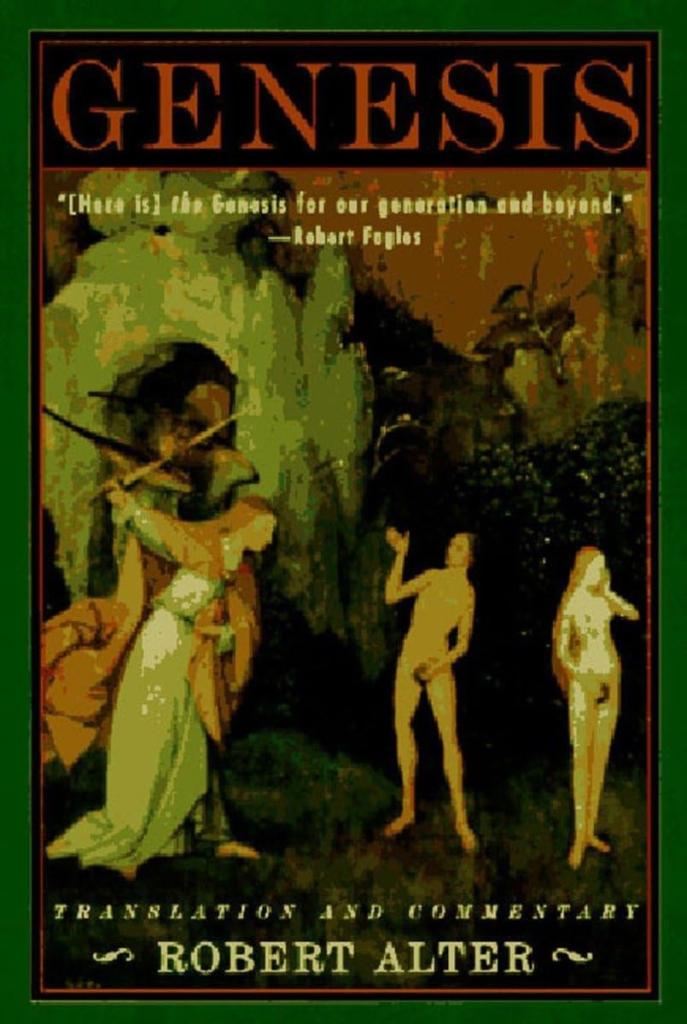The Biblical writers of the OT prose revel in repetition, and are not much given to using synonyms, when one particular word will do the job wherever it needs to be used. It is in poetry that you will find them using synonyms from time to time. “The translator’s task, then is to mirror the repetitions as much as is feasible.” (p.xxvii). Yet surprisingly, even with this deliberately limited vocabulary the terms used can convey nuance for instance ‘the man who is lord of the land made us out to be spies in the land’. (Gen.42.30) rather than the more direct ‘accused us of being spies. “It should be clear from all this that a translation that respects the literary precision of the biblical story must strive to reproduce its nice discrimination of terms, and cannot be free to translate a word here one way, and there another for the sake of variety or for the sake of context.” (p. xxix). Here I must offer a partial correction– words do not have meaning in the abstract. It is not true that in the beginning was the dictionary. When a word has a spectrum of meaning, context is important in determining which translation should be offered.
Alter deals with a Hebrew word, nephesh which has no exact lexical equivalent in English. It refers to the breath of life in the nostrils of a living creature and by extension it means lifeblood or even just life, or even just person. What it does not mean is soul, in the Greek sense of that term. (p. xxix). Alter also points out that word order is often expressive, but alas many modern translators ignore this fact. For example the Hebrew of Gen. 12.7 reads ‘to your seed I will give this land’, deliberately front lighting ‘your seed’, whereas the tendency by translators is to have I will give this land to your seed. Or consider Gen. 16.8 which reads literally ‘from my mistress Sarai I am fleeing’ front lighting the source of her problems. (p. xxxii). The goal here is to avoid losing the emphases or nuances in the original Hebrew diction.
As Alter stresses, most Hebrew specialists recognize that Hebrew poetry uses older Hebrew diction than Hebrew prose, a deliberate archaizing. (p. xxxv). But one has to be careful not to lapse into stereotypes of ancient English (forsooth, ye verily) while figuring out a way to offer more eloquent archaizing. The more I read of Alter, the more it becomes clear that the translator of Hebrew must not only know Hebrew well, but also know English literature well to know h0w to express the Hebrew texts in a meaningful and accurate way in English.











 English (US) ·
English (US) ·